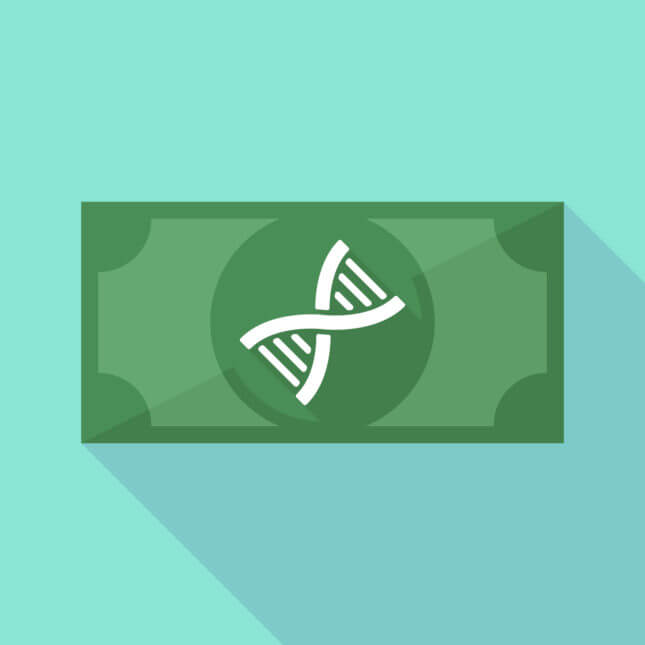Aggregated News

Over the past decade, our ability to alter the human genome has rapidly improved, largely due to advancements in genome editing technologies like CRISPR. Scientists are vigorously pursuing the ultimate goal of making any change to any DNA sequence in any cell of the body. The versatility of these tools has opened the door to treating a range of debilitating diseases, from prevalent neurological conditions to rare forms of cancer. Yet, alongside promising therapeutic applications, we should be worried about the potential unethical and inequitable uses of these technologies.
Universal concern over the potential use and misuse of genome editing reached a peak in 2018 following the surprise announcement of the first edited babies. He Jiankui, a professor overseeing a university lab in China, publicly disclosed his efforts to engineer HIV immunity into human embryos. The international scientific community decried He’s experiment, and the Chinese government eventually filed criminal charges against this rising young scientist. He Jiankui is currently serving a three-year prison term after a Chinese court found him guilty of “illegal medical practice”.
Criticized as...



